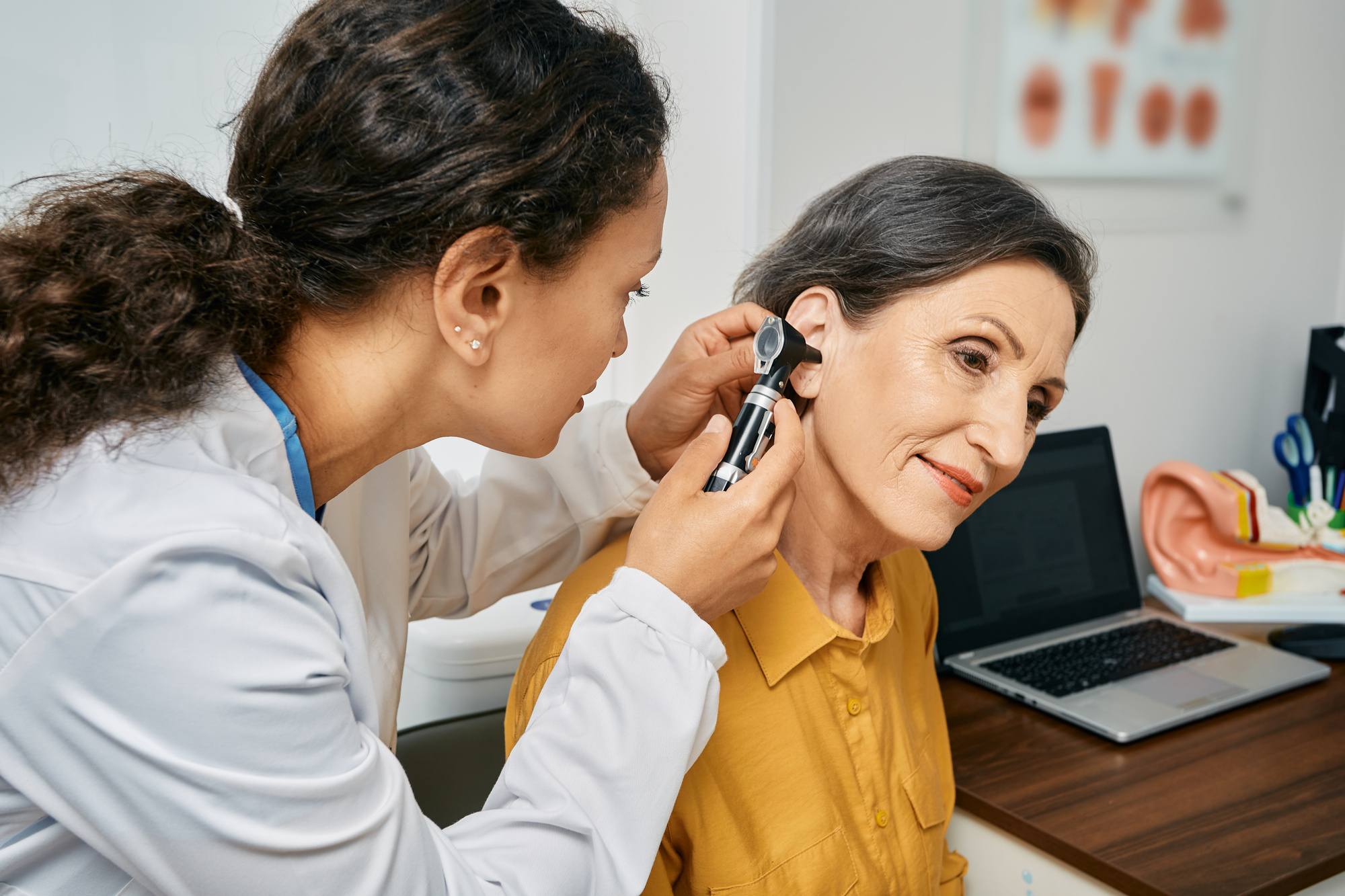
When And How To See An Ear, Nose, And Throat (ENT) Specialist
The ears, nose, and throat are essential human body parts, as they help humans hear, smell, breathe, and speak. However, what happens when one of these vital organs gets damaged or produces uncomfortable symptoms? That’s when you need to see an ear, nose, and throat (ENT) specialist.
This article will discuss the reasons a person should see an ENT specialist. Continue reading to learn more.
What Does An ENT Specialist Do
To understand why a person should seek the help of an ENT specialist, they must know what they are and do first. An ENT specialist, or otolaryngologist, is a doctor who diagnoses, treats, and specializes in conditions affecting the ears, nose, and throat. You may want to meet one if you want to know the most common clogged ear reasons and why it’s happening to you.
In some cases, ENT specialists often work closely with other medical professionals, such as speech therapists, audiologists, and primary care physicians, to provide the comprehensive care their patients may need. They may also collaborate with specialists in other fields, such as neurology or oncology, to manage complex cases.
To better understand what otolaryngologists do, know that most of their consultations are with people suffering from flu and other common respiratory conditions. It might seem they’re more like doctors for the sniffles, but they’re more than that. Their specialization is often in high demand, and they often deal with serious cases—some may even end up in complicated surgeries.
Aside from the mentioned conditions, otolaryngologists can also help people suffering from the following:
- Ear infections
- Hearing loss
- Sinus infections
- Nosebleeds
- Tonsillitis
- Sleep apnoea
- Snoring
- Throat cancer
And in severe cases, ENTs may deal with the following operations:
- Ear tube placement
- Tonsillectomy
- Adenoidectomy
- Sinus surgery
- Thyroid surgery
- Voice surgery
If you are considering seeing an ENT, it’s important to be aware of their busy schedule. You may need to wait a few days or weeks to get an appointment, and you may need to see the doctor for multiple visits to get your condition diagnosed and treated.
Now, if you don’t know what ailment is making you suffer, when or why should you consult an ENT? Move on to the next section to find out.
Why And When Should You Consult An ENT

Most of the time, people consult with ENTs when they feel something is wrong with their ears, nose, and throat. To be specific, an otolaryngologist may be the right specialist you need to visit if you experience one or more of the common symptoms below:
- Difficulty hearing or ear pain, discharge, or ringing
- Difficulty breathing—particularly when sleeping—or snoring
- Difficulty in swallowing or lump in the throat
- Sinus pain or nasal congestion
- Sore throat or hoarseness
Meeting an ENT specialist if you have any of these symptoms may lead to a proper diagnosis of what’s causing your health concern. As mentioned, they may need you to visit multiple times to accurately diagnose your medical condition and provide the proper treatment and personalized care you need.
If you believe you need to see an otolaryngologist, you might want to be prepared, and to do that, continue in the following section.
What To Do Before Consulting An ENT
To get the most out of your ENT visit, you must come prepared if possible, so be sure to get the following things done once you’ve set your appointment:
- Write down all of your symptoms and when they exactly started.
- List any medications you are taking.
- Bring documents related to your medical history, including any surgeries or other procedures you have had.
- Bring your significant other, a family member, or a close friend with you to your appointment to help you remember what was said and take notes.
With that said, you might be wondering about the other things you can expect and do once you meet an otolaryngologist. The next section will discuss the answer.
What To Expect And Do During An ENT Appointment
Just like with any appointment with a medical professional, you’ll go through the regular appointment process that involves checking in and waiting. And once your turn is up, you can consult with your otolaryngologist.
During the consultation appointment, the doctor will often begin by asking you about your symptoms, medical history, and any allergies you have. The notes you have will be handy at this point.
They’ll also physically examine your ears, nose, and throat. This examination may include looking in your ears with an otoscope, lighting up your nose, and feeling your neck and throat.
Sometimes, the doctor may order additional tests depending on their findings. Some of these tests are hearing, allergy, and imaging tests (i.e., X-ray, CT scan, or MRI). These tests can help the doctor diagnose your symptoms’ underlying cause.
After your conversation with the doctor and tests are done, they’ll discuss your diagnosis and treatment options with you. They may recommend medication, lifestyle changes, surgery, or other treatments. Most of the time, they’ll explain the benefits and risks of each treatment option and help you make a wise and informed decision about the care you’ll receive.
Once the conversation regarding treatment options is over, the doctor will typically give you time to ask questions. Be ready to take notes during this process or let a family member do that for you if you can’t. Often, you’ll be sent home once the consultation is over, especially if you don’t need hospitalization.
The consultation’s over; the next step is to follow through with your treatment option. Usually, you’ll meet your ENT a couple of times during this phase for follow-up care. It may include scheduling a follow-up appointment or giving you new instructions on how to care for yourself at home.
Conclusion
ENT specialists diagnose and treat ear, nose, and throat conditions, and in case of complex medical conditions, they may work closely with other healthcare professionals to provide comprehensive patient care.
An appointment with an ENT specialist typically involves a thorough medical history, physical examination, various diagnostic tests, and a discussion of treatment options. While undergoing treatment, the specialist may follow up with the patient to ensure the prescribed treatment works.
If you have an ENT condition, don’t hesitate to book an appointment for a consultation. Always remember that prompt treatment prevents medical concerns from escalating to a more severe condition.


